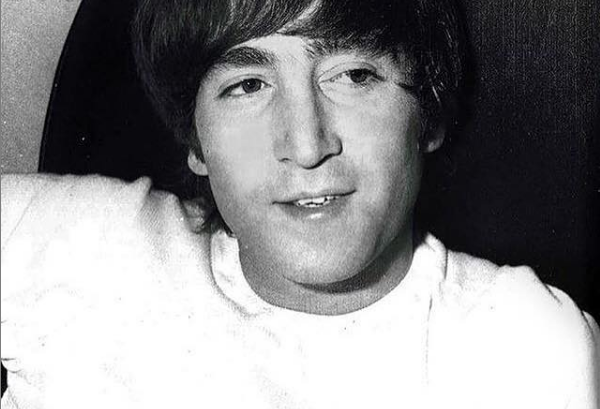By the 1970s, rock fans around the world had come to terms with the fact that The Beatles would likely never reunite. Despite the belief that the Fab Four could have continued creating music for decades, internal tensions had eroded their creative unity, leading each member to embark on successful solo careers. John Lennon, in particular, found his own artistic path, embracing a blend of old-school rock and roll while remaining receptive to the emerging sounds of the new generation.
Upon leaving The Beatles, Lennon embarked on a journey of self-discovery and introspection.
Collaborating with Yoko Ono, he produced a series of experimental albums. However, it was on works like “Plastic Ono Band” that Lennon delved into his personal life, reconciled with his past, and critiqued the world’s hypocrisy, exemplified by tracks like “Working Class Hero.”
In addition to his profound subject matter, Lennon pushed his vocal limits on this album. Songs like “Well Well Well” showcased his willingness to explore vocal extremes, at times sounding as if he were attempting to tear his vocal cords apart, transcending into a realm reminiscent of Little Richard’s intense screaming.
Little did Lennon know that this kind of impassioned singing would play a significant role in the development of street-level bands.
Growing tired of artists fixating on superficialities, emerging bands like The Clash and Ramones sought to strip down music to its essentials.
As the first wave of punk gained momentum, the raw sound of the Sex Pistols resonated even with Lennon, who observed from his upscale Dakota apartment.
Reflecting on his initial exposure to the group, Lennon reminisced about The Beatles’ early days, saying:
“I’ve only heard whatever they’ve done a video of. I thought, ‘Yeah, great.’ To me, seeing the impact of all that, I thought, ‘That’s how we used to behave at the Cavern before Brian [Epstein] told us to stop throwing up and drinking onstage and swearing.”
While Johnny Rotten reveled in tearing down pompous rock stars, The Beatles’ early escapades were equally rowdy. Their time in Hamburg exposed them to the less glamorous side of show business, performing for hours on end to inebriated audiences who had little patience for mellow tunes.
Although Lennon continued to create mellower music after The Beatles disbanded, traces of punk’s rebellious spirit lingered in his delivery.
Songs like ‘Meat City’ and ‘What You Got’ exhibit parallels with the burgeoning punk movement, with Lennon shouting at the top of his range, akin to Rotten’s signature style on tracks like ‘Pretty Vacant.’
Lennon would eventually infuse this rebellious attitude into his final album, “Double Fantasy.” Despite the album’s focus on domestic life, songs like ‘Cleanup Time’ benefited from the ramshackle approach reminiscent of punk bands. Lennon’s collaboration with members of Cheap Trick on an earlier version of the tune added to its punk-infused energy. While many classic rockers viewed punk as a threat to music, Lennon appreciated that the next generation was unapologetically honest, stating:
“They didn’t have to put any shine on it. I think it’s great.”

